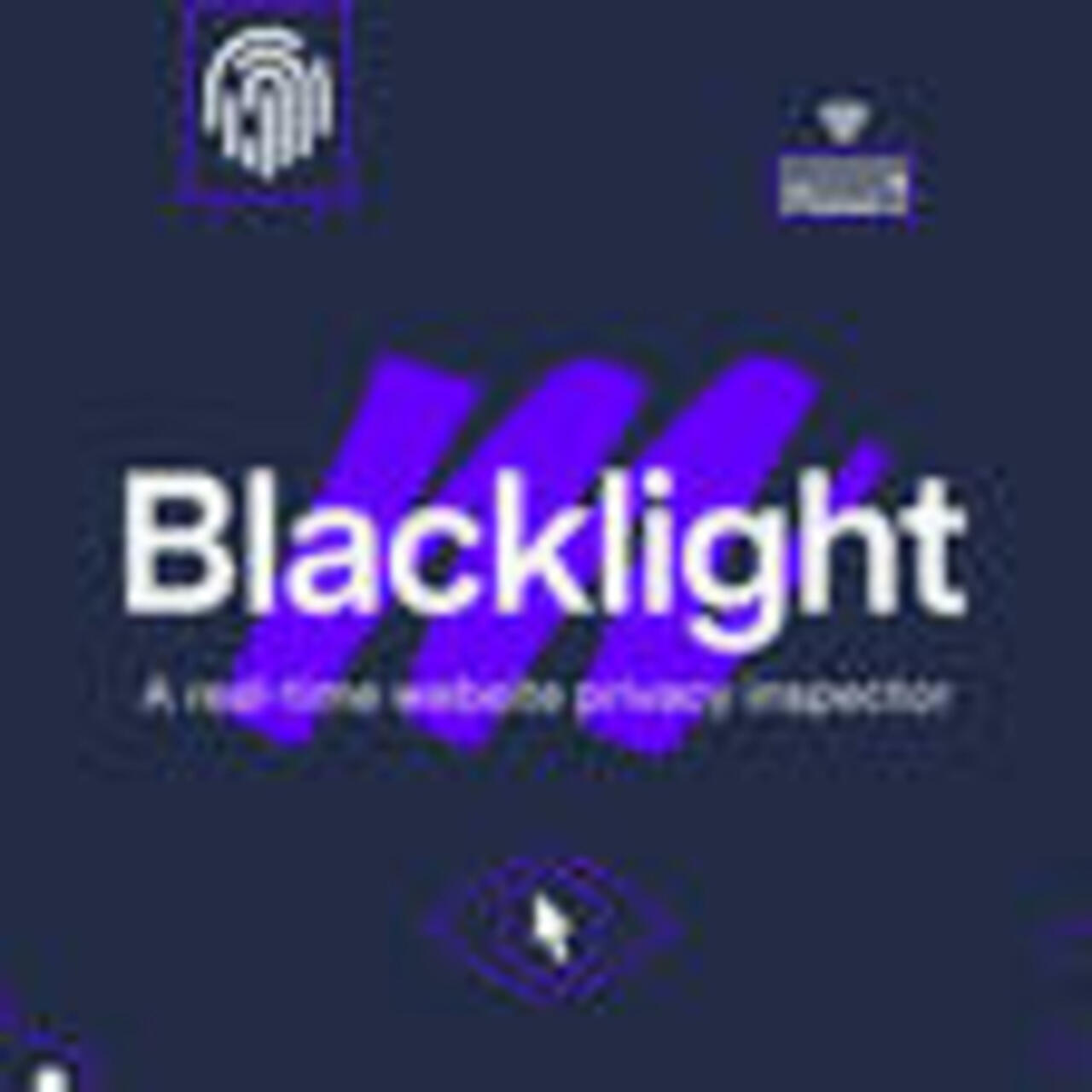Hello, friends,
One thing I’ve noticed during ten years of writing about data privacy is that people often have an “aha” moment when they see data about themselves. There is something about staring at a dossier a tech company has compiled about you that really brings the issue home.
But it’s rare that we get that chance.
Sure, if you dig deep enough into Google or Facebook ad settings, you can find the page where they tell you how they are marketing you to advertisers. (As an aside, Google believes I am a man interested in cars – neither of which is true. I guess searching for tech-related topics confuses them into thinking I’m a tech bro.) You can check your settings here: Google ad settings and Facebook ad preferences.
Even if you find those settings, however, it’s hard to understand how they made those judgements about you in the first place.
Enter Blacklight—a real-time privacy inspection tool that we launched this week. Type any website URL into Blacklight and you can see exactly how you are being tracked by third parties on that site.
Blacklight allows you to see:
- If a website is sharing data about your visit with Facebook or Google—which might explain some of the judgments the platforms made about you.
- If a website is trying to monitor your keystrokes and mouse clicks—and sending that data to outside companies.
- If a website is using a creepy technique called canvas fingerprinting to try to track you even if you block cookies.
- How many cookies are being set on your computer by third parties on each website.

Try Blacklight — themarkup.org
A Real-Time Website Privacy Inspector
The amazing thing about Blacklight is that it is a real-time analysis. When you enter a URL, it instantly visits the website and performs a bunch of privacy tests.
That makes it unique among journalism data projects. Most of the time, journalists do the hard work of collecting documents—through public records requests or scraping data from the Internet—and then offer the public the chance to explore that data trove.
Blacklight is different: it is creating records each time you search for a URL. We didn’t gather any data about your kids’ school’s website. It’s only after you enter the URL into Blacklight that the data comes to exist.
In this way, Blacklight is also a window into the journalistic process. For the first time, we can give readers the same thrill of discovery that we get whenever we get new public records in response to a request or when we successfully scrape 15,000 Google search results for our analysis.
Blacklight is an engineering feat, eighteen months in the making by a team led by The Markup Investigative Data Journalist Surya Mattu. It’s a profound accountability tool and also surprisingly addictive to play with. We hope you enjoy using it to explore the hidden surveillance all around you.
We also hope it might change your mind about what journalism could look like. We believe journalism doesn’t always have to be a one-way conversation in which we present words for you to read. We also want to give you the tools to hold institutions in your life accountable for their choices.
As Blacklight creator Surya often says, “we want readers to have a sense of agency —not apathy.”
Of course, we also wrote a lot of very fine words about Blacklight, which we invite you to read to better understand our surveillance-driven economy. In The High Privacy Cost of a “Free” Website, The Markup Investigative Reporter Aaron Sankin, together with Surya, writes about how difficult it is to build a privacy protecting website when all the tools available are designed to exploit user data. He shares the story of Kara Zajac who tried to build a privacy-preserving website serving transgender military service members and veterans—but didn’t realize that the discussion tool that she embedded, Disqus, allowed 21 third-party trackers to piggyback onto her site.
Aaron also wrote a very helpful browser privacy primer for folks who want to avoid being tracked (TL;DR stop using Google Chrome’s default settings or add privacy extensions). And I wrote a ten-years later retrospective comparing the amount of online tracking now to when I first started reporting on it a decade ago (TL;DR it’s creepier and harder to prevent today).
As always, thanks for reading. And please send us tips when you find creepy stuff using Blacklight!
Best,
Julia Angwin
Editor-in-Chief
The Markup